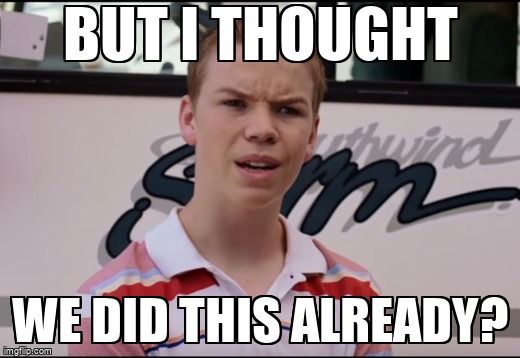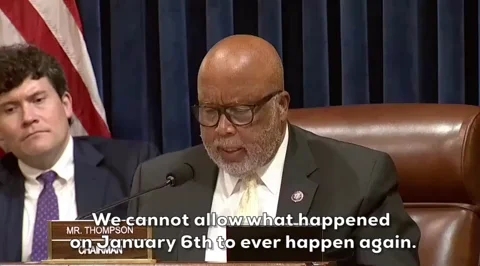So why do I think history is SO relevant to you in your life today?

Hey there! 👋
I'm your guest Rumie teacher, Khalil Gibran Muhammad. I'm a professor, author, podcaster, and African American History education advocate.
I've studied Black history for over 25 years. So I'm a chronic learner just like you!
Did you know historical research shows our ongoing (and long-standing) race problem is not separate from the current economic inequalities affecting America as a whole?

In fact, the systemic oppression we can observe in Black history shaped the current ways that Black folks experience barriers to success today.
But why does Black history matter to you, dear learner?
History is your (meta) armor
Bare with me while I offer some rocking chair wisdom for you. 🤭

Life is actually a battle. 👀
You're going to need some grade-A armor to manage the inevitable conflicts in your life journey.
Understanding history can be this durable armor that prepares you for:
 Navigating the Law
Navigating the Law
History helps you become an informed voter and active citizen. It also helps you understand the court system.
 Doing Your Taxes
Doing Your Taxes
It's important to understand how and why taxation policies affect you.

Quality Relationships
Learn to communicate the historical context of your opinions on current issues.
 Self-Discovery
Self-Discovery
History helps you develop your values and decision-making skills.
History can shape your purpose
When I first went to university, I was ready to become the Black businessman of my parents' 80s dreams.
 Photo by Adeolu Eletu on Unsplash
Photo by Adeolu Eletu on UnsplashAs a freshman, I asked individualistic questions:
What is my education going to do for me?
How can I become wealthy in corporate America?
Basically, I was there to study finance and management consulting and mind my business. 💅
What changed?
My Ivy League peers, struggling with their own racist perceptions, questioned if I were qualified to be at the same school as them.
After my first year of university, I realized I would need to defend myself with historical understanding.
I wondered:
How can I learn more about Black history to better defend my place at this Ivy League school?
How can I prepare to succeed against racism when I graduate?
Black history, meet macroeconomics 🤝
I was missing the reality of how my Blackness affected my life, for a few reasons:
Post-Civil Rights era: The Civil Rights Movement was a nonviolent protest from 1954 to 1968. The aim was to abolish legalized institutional racial segregation, discrimination, and disenfranchisement. Once the campaign cooled off, the Black community took a deep breath, and parents like mine wanted children to enjoy the fruits of their labor.
Inequality Continued: I didn't understand that despite the gains of Civil Rights, structural inequalities remained a problem for Black people.
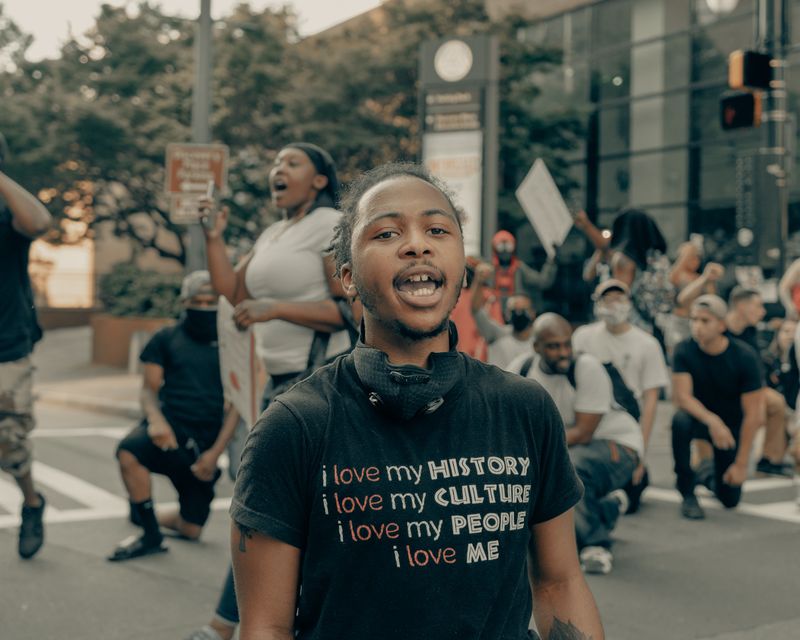 Photo by Clay Banks on Unsplash
Photo by Clay Banks on UnsplashSo how did I end up looking to history for answers?
It was actually through taking a university course in macroeconomics that I discovered meaningful information on how slavery built — and continues to build — America.
 Macroeconomics is just the study of general economic factors, such as national productivity. In this case, we'll focus on slave labor.
Macroeconomics is just the study of general economic factors, such as national productivity. In this case, we'll focus on slave labor.
 I learned that slavery is why America has become the most powerful country in the world. As we know, slave labor drastically accelerated production of raw materials (mostly cotton) at little cost.
I learned that slavery is why America has become the most powerful country in the world. As we know, slave labor drastically accelerated production of raw materials (mostly cotton) at little cost.
 America continues to be the most powerful country in the world,because cotton picked during slavery funded the second industrial revolution as well as basic elements of finance capital today. 🤯
America continues to be the most powerful country in the world,because cotton picked during slavery funded the second industrial revolution as well as basic elements of finance capital today. 🤯
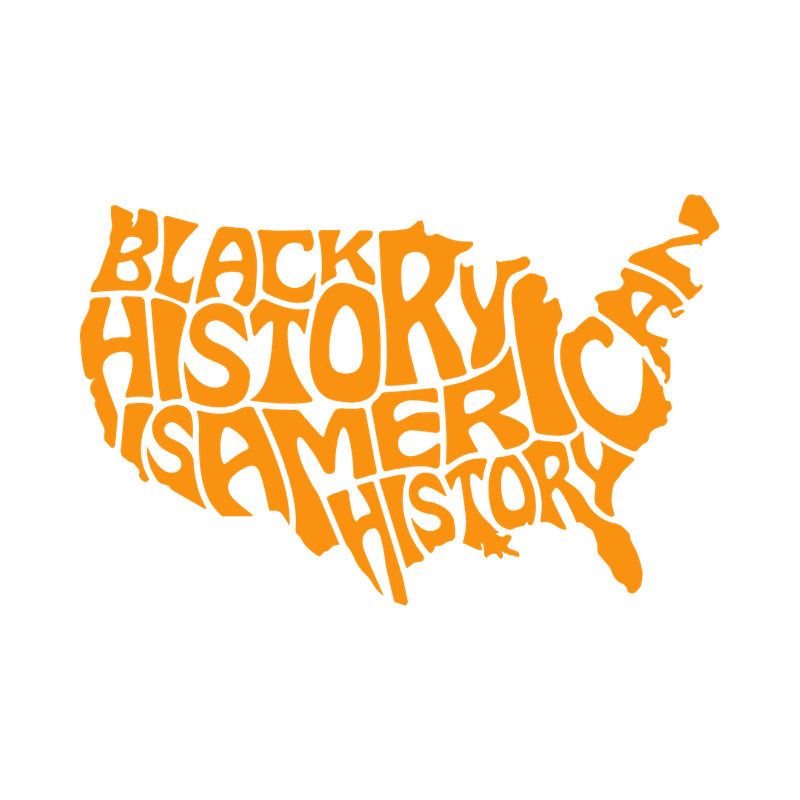 Overall, I learned Black history is American history, because our system of federalism was built to solve for and protect the interests of slaveholders.
Overall, I learned Black history is American history, because our system of federalism was built to solve for and protect the interests of slaveholders.
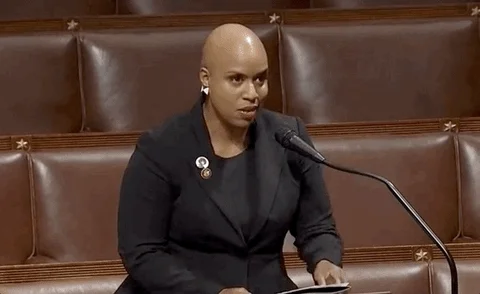
Studying history combats misinformation
You may be wondering where this Black history has been hiding. 🤔
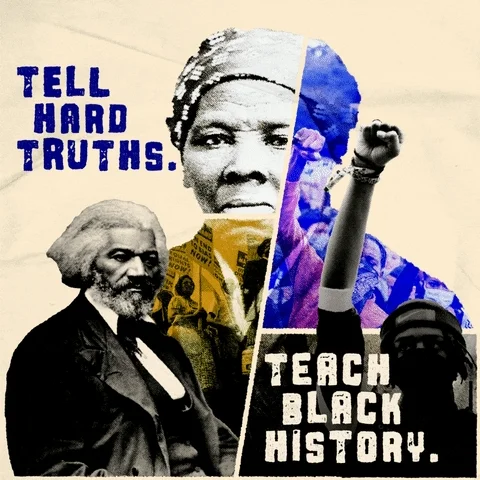
Would you believe me if I told you that:
The impact of slavery is still so embedded in our society that it's hiding in plain sight?👀
Once you look at our current society with Black history glasses on, it cannot be unseen? 🔎
Denying racism as a construct is a very powerful tool to slow down progress? ⚡
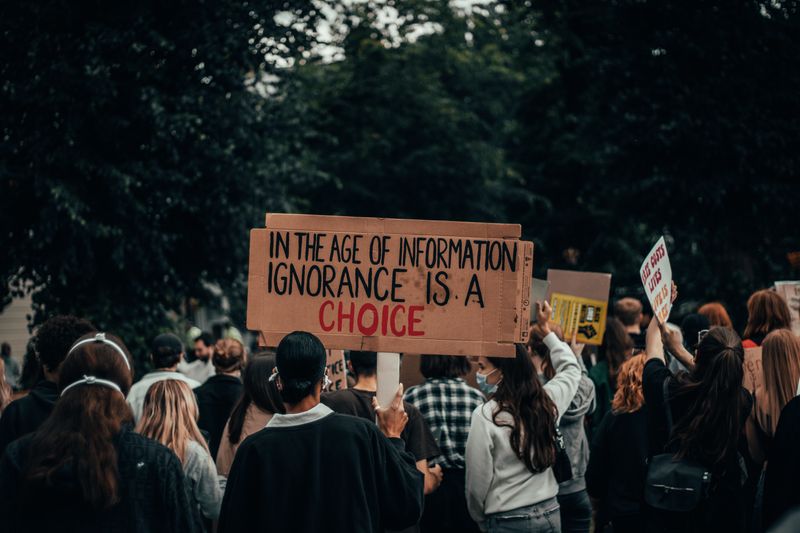 Photo by Alex Motoc on Unsplash
Photo by Alex Motoc on UnsplashHere are 3 examples of how slavery is still built into our society today:
System of voting (a.k.a. the Electoral College): Slavery gave us the electoral college, which means small states, wherever they are, have more proportionate power over the Presidential race than big states. This formula affects the Electoral College since it is the number of representatives, plus Senators. For example, as a percentage of the total in the state, California has far fewer Black people than Mississippi.
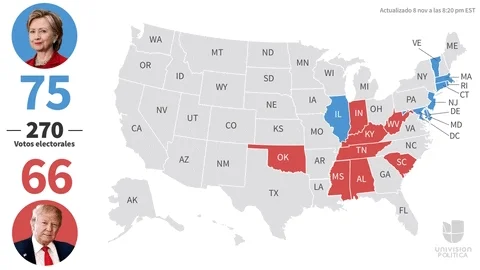
Healthcare system: There is a racial hierarchy in our current healthcare system. Look no further back than the pandemic to see that racialized folks are more likely to die in a public health crisis because of structural racism in historical and modern healthcare.
Global capitalism: First started with the conquest of land and genocide of Indigenous peoples, the Transatlantic Slave Trade nourished the free trade market. Even today, coerced Black and brown labor, and stolen Indigenous land empowers the economic advantages of white America.
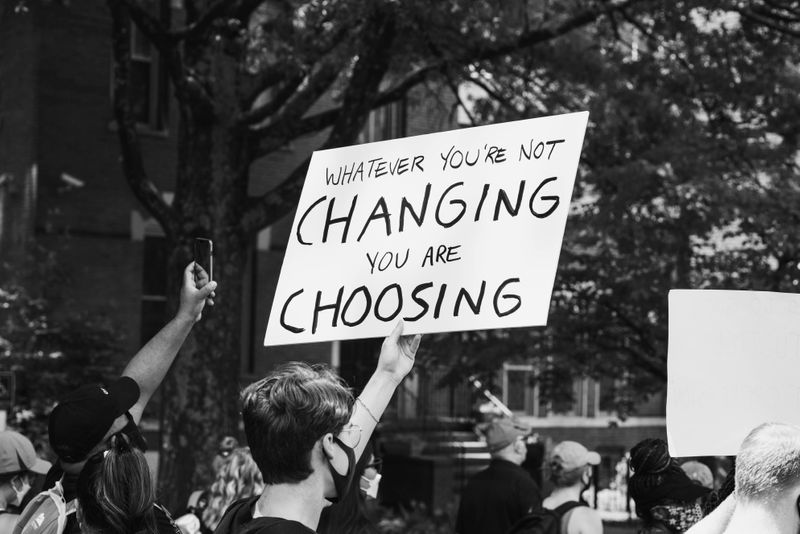 Photo by Corey Young on Unsplash
Photo by Corey Young on UnsplashWhy is talking about the way slavery is embedded in our society so difficult now?
Because acknowledging how oppression is embedded in society could lead to political change that undermines white supremacy.
Let's try an historical performance review 📈
Now that we know...
History informs our present
History can show why resources are distributed as they are
History equips us to understand current economic disparities
...let's flex this muscle together by looking at the historical pattern of white populism.
America's progressive moments in racial equality have typically become stunted by white populist reactions to these hard-fought freedoms.
Here are some examples of how racial progress begets white populism:
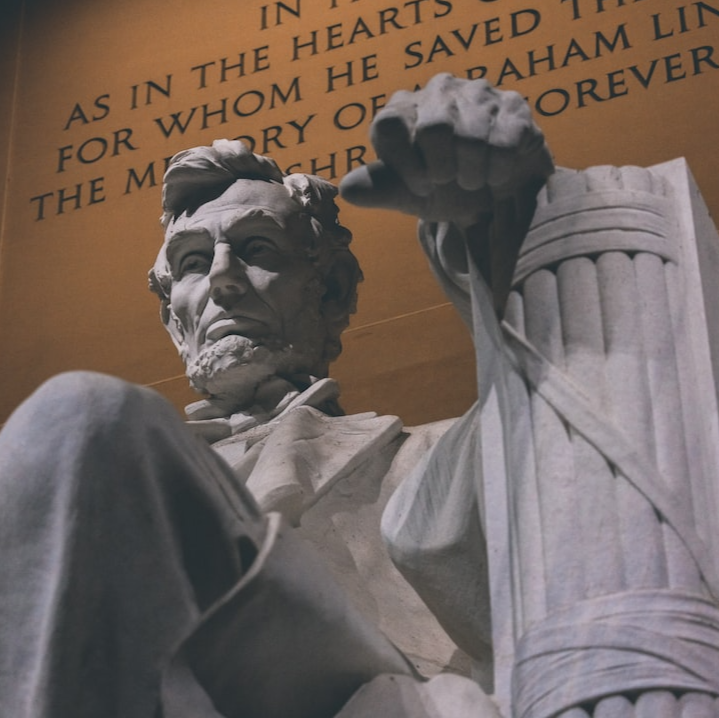
Reconstruction Era
In 1865, slavery was abolished by Congress, and more enhanced citizen rights for Black and African Americans followed.
The caveat? 🤔 These new freedoms were a catalyst for white supremacists to join organized hate groups, such as the Ku Klux Klan.
The Great Migration
From 1910-1980, six million Black people moved from Jim Crow South to Northern states to escape racial violence and find more opportunity.
But not so fast! 🛑 Moving North meant Black folks were taking a chance on the less violent option of two violent options. The first migration phase resulted in the Red Summer of 1919, while the second phase further normalized coded segregation tactics still used today, such as housing discrimination and policing.
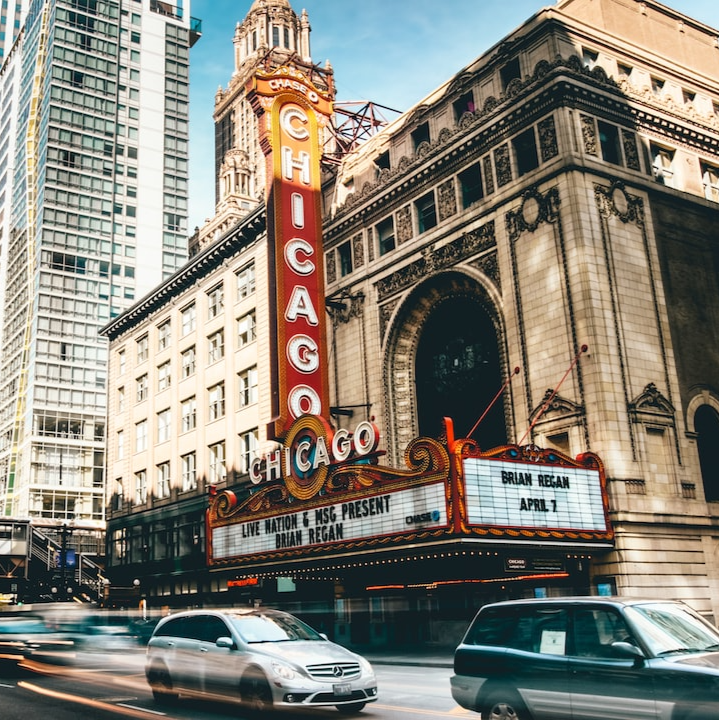
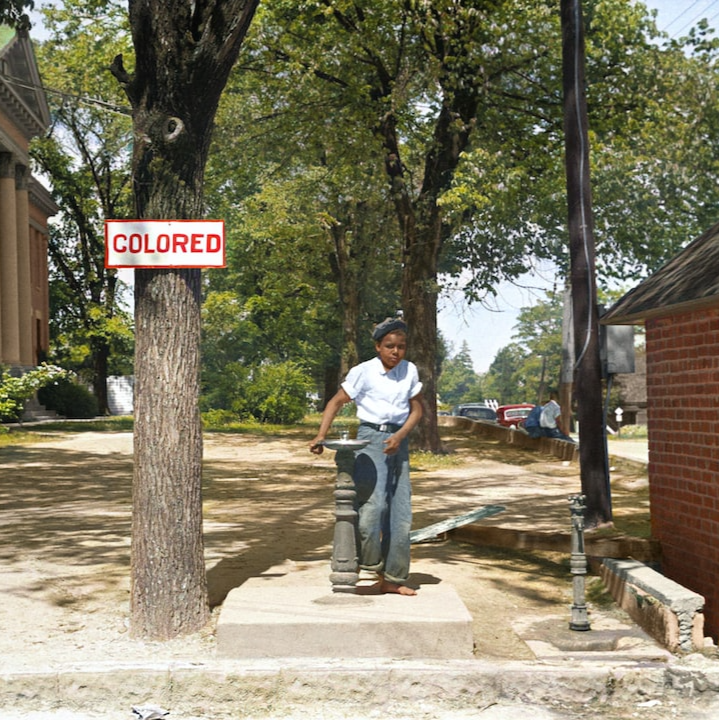
Court-Ordered School Desegregation
Now this sounds like progress, right? Legislators enforced de-segregated school buses to provide Black students more equal access to better schools and resources.
Unfortunately, school segregation is still a problem today. 👀 And during Biden's 2020 run for President, opponents pointed out that Biden actually praised segregationists in opposition to busing in the 1970s.
In other words, history appears to repeat itself—just not in the exact same way.
As the famous Mark Twain says:
History doesn't repeat, it rhymes.
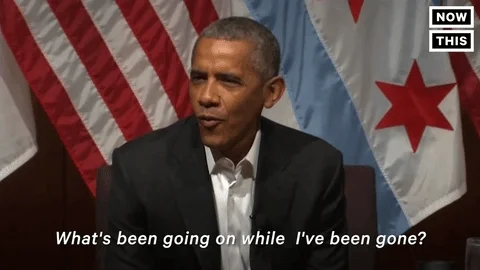
Quiz
Which groups find Black history relevant to their work? Select all that apply.
Take Action
Are you ready to embrace history as a tool for personal growth and civic engagement?
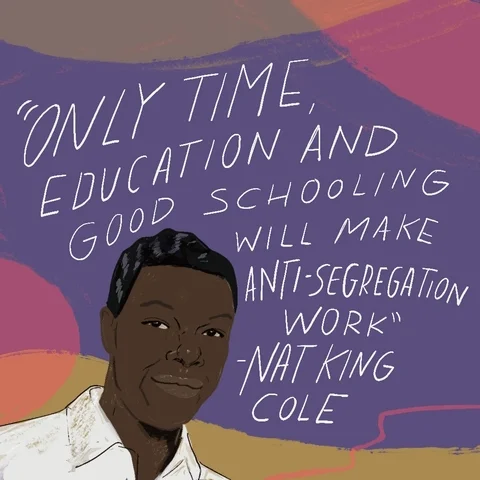
The best way to start studying Black history is to become more comfortable with the subject matter. Fortunately, we are living in a golden age of material! 🙌
Here's how I recommend studying Black history year-round:
Your feedback matters to us.
This Byte helped me better understand the topic.

